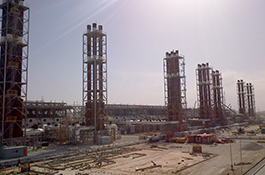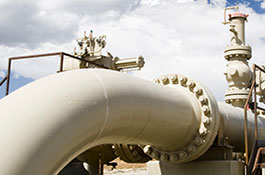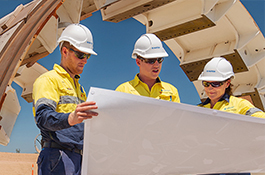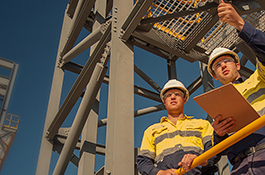

Downstream oil & gas
Converting feedstocks into value-added products
Challenges
Capabilities
Blogs

RAM is an acronym for “reliability, availability and maintainability,”. It's a modeling process that, when applied by experienced RAM practitioners, can predict the probable performance of industrial assets to help clients achieve target capacities, efficiencies, and profitability. Keep reading to learn more about the value RAM can provide!
Related projects
Related Services and Technologies
Technical Papers
Cyclic Resistance and Liquefaction Behavior of Silt and Sandy Silt Soils
Soil Dynamics and Earthquake Engineering, April 2016
Fueling Alberta Oil Sands Fleets with Natural Gas
Hydrocarbon Processing January 2016
Levering LNG the Case for Replacing Diesel with Natural Gas for Oilsands Mining Fleets
Oilsands Review, October 2015, p.36
All Technical Papers
Events
KazakhstanCanadian business forum New Horizons of Cooperation in Mining
March 5, 2023
Toronto, Ontario, Canada
News
Hatch's innovative approach wins project of the year award for the Mount Royal Tunnel replacement & rehabilitation
Friday, February 24, 2023








